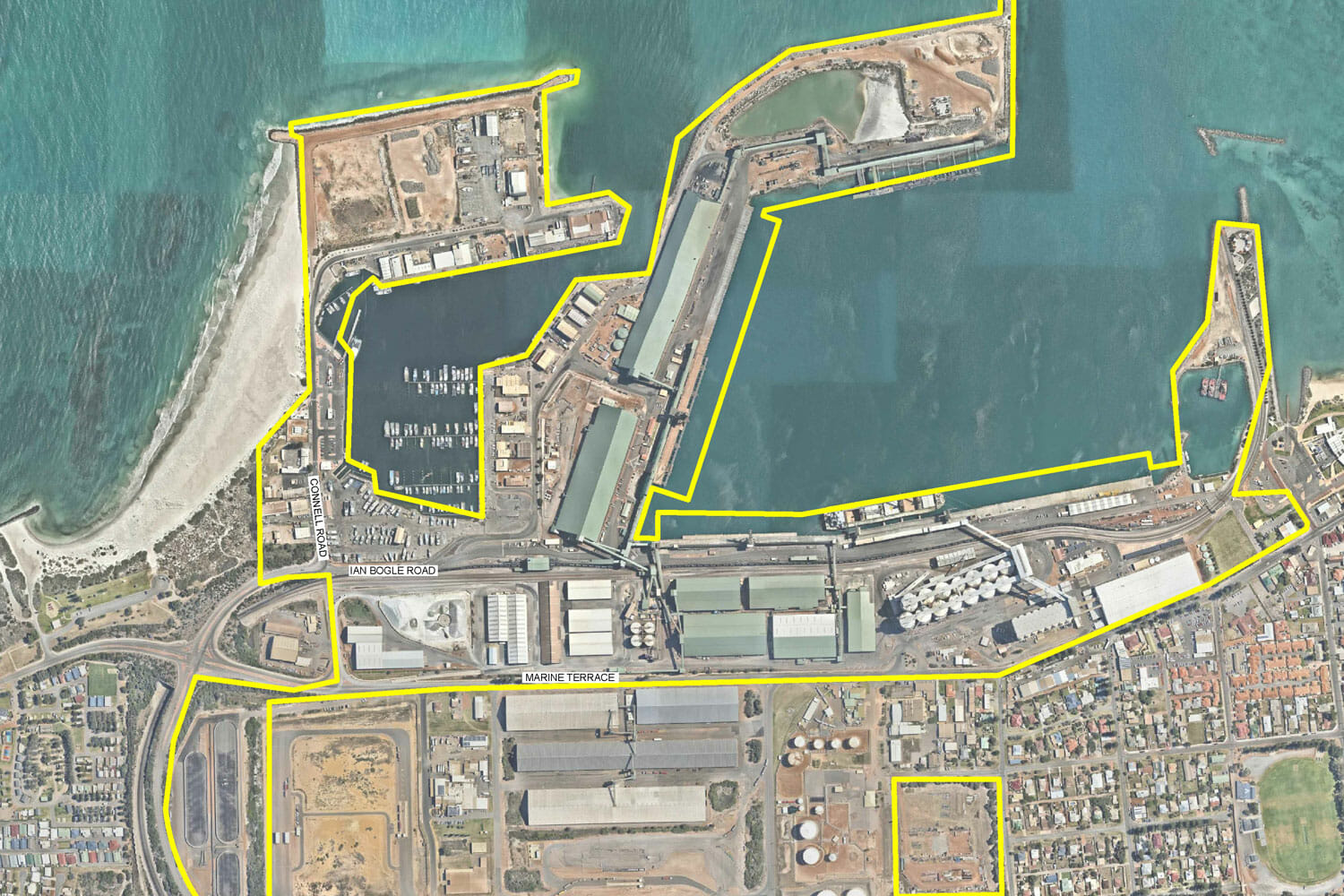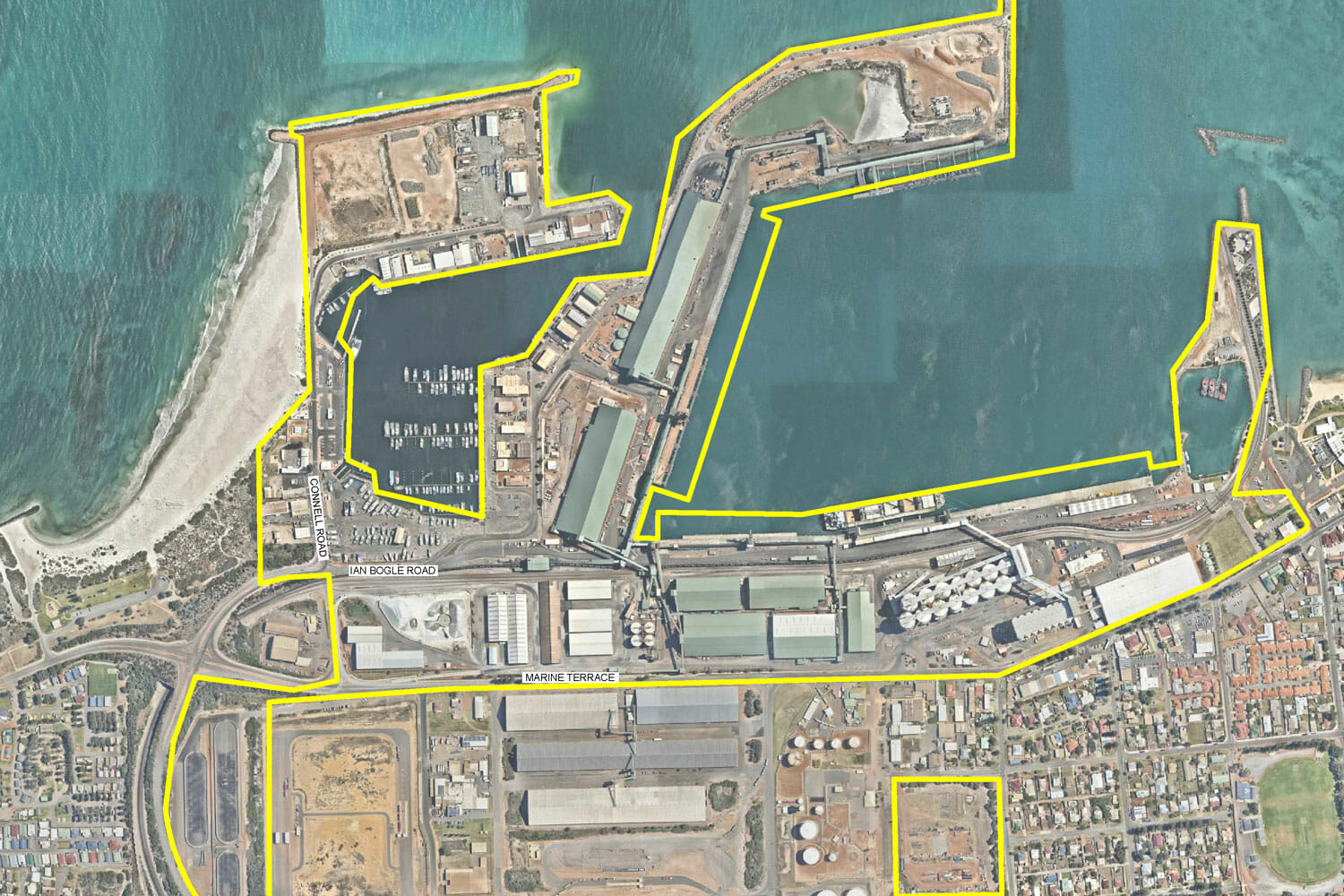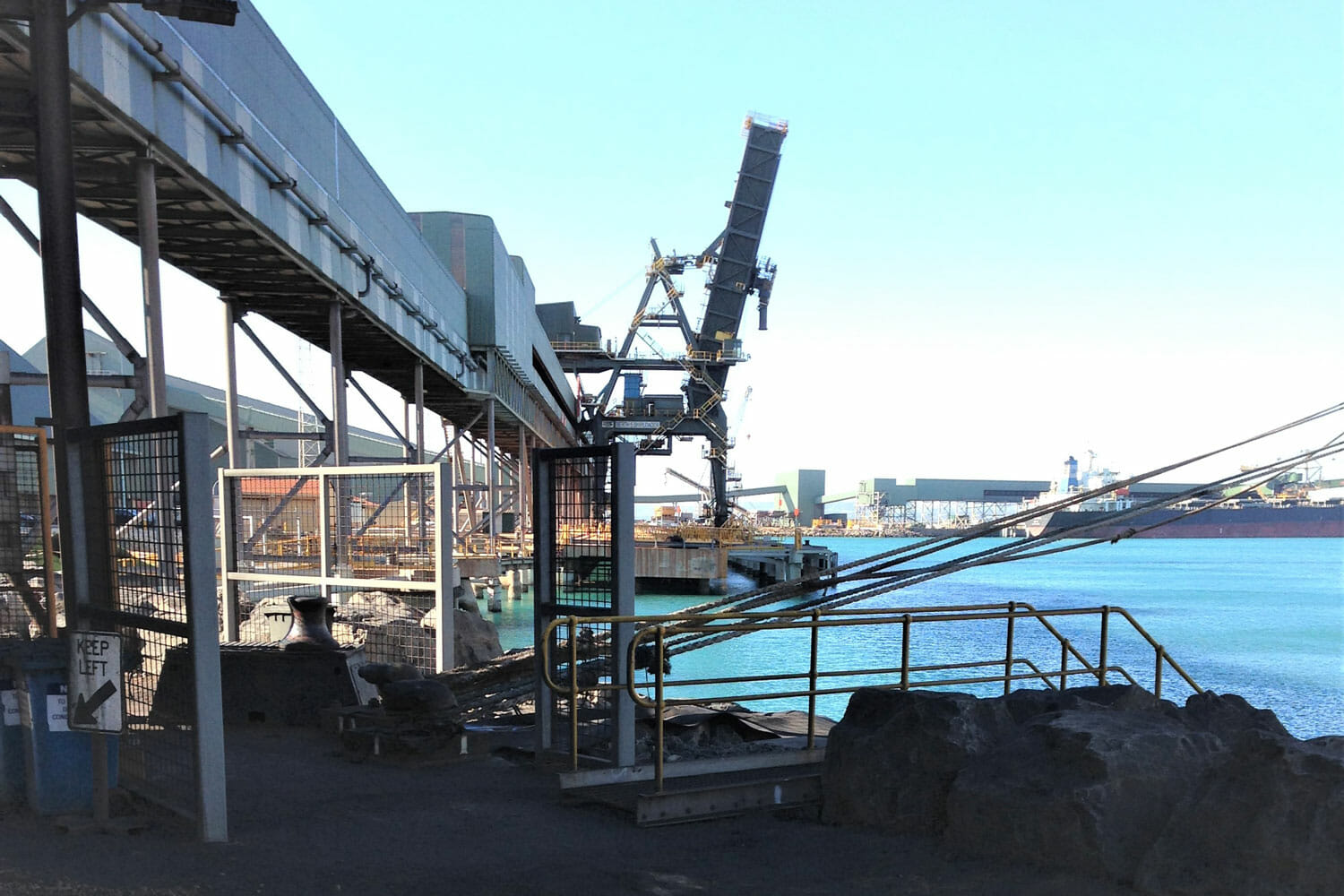
Applying a risk-based approach to identify, assess, and help remediate soil and groundwater contamination at Geraldton Port
When the Geraldton Port identified existing soil and groundwater contamination, Tetra Tech Coffey undertook a detailed site investigation of the fully operational port to characterise the nature and extent of the impacts.
Tetra Tech Coffey led the investigation of the complex site conditions resulted in identifying the presence of elevated nutrients in groundwater and subsequently ascertaining the associated ecological risks of the discharge of these nutrients into the marine environment.
Our team applied a strategic risk-based approach to the project focusing on potential exposure pathways and effects on sensitive receptors, rather than complete site characterisation. This approach lead to time efficiencies and cost savings over the duration of the project.
Gaining an early understanding of the data gaps across the site and then putting them through a thorough analysis enhanced the strategic risk-based approach. Following the data gap analysis and development of a preliminary conceptual site model, our team undertook a detailed site investigation.
A groundwater risk assessment was undertaken to understand the ecological risk associated with the discharge of nutrients into the marine environment. Focusing on calculating nutrient mass flux concentration and mass discharge rather than localised groundwater concentrations meant we were able to determine risk to the marine environment based on loading at the point of exposure.
By undertaking further investigations to calculate mass flux and mass discharge estimates our team were able to characterise source strength and establish a direct measurement of nutrient loading to receptors.
Client name: Mid West Ports Authority
Location: Geraldton, West Australia, Australia
Duration: 2012 – 2018
Services provided: Site assessment and remediation services

